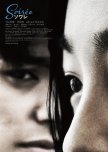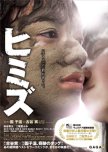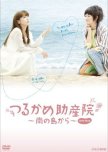

Both are adapted from novels written by the same author. The same cadence and sentimental (but hopeful) tone too.
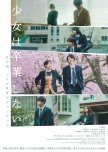
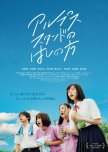
The extensive use of 3rd person storytelling, and of course youth/school life theme. The difference is that there is only one point of view in Alps Stand because all of the main characters gather in the same place and interact to each other all the time.

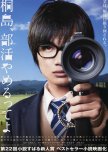
Both shows share similar storytelling style - one event in a school seen from mostly standalone perspectives, which is unsurprising since their original materials (light novels) were written by the same person. "Sayonara Girls" takes more straightforward and digestible approach than Kirishima though.
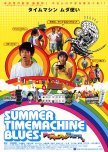

Call me crazy, but I likened both shows on the similar premises they are based upon, which are seemingly super simple. Both movies also used a SINGLE location setting (STMB in the sharehouse, Alps Stand at the stand of the stadium), which makes both unique on their own rights.

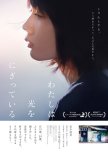
Similar theme and setting. Both revolves around interest of the leads (both are young females) towards public bath (sent?), albeit a bit from different perspectives. Not really surprising since both are written and directed by the same person (Nakagawa Ryutaro).

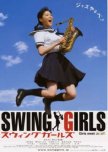
The vibe and dialogue style (especially the subtle joke) are pretty similar. And of course the youth theme and main cast composition (3 girls and 1 boy) as well, although Alps Stand covers much smaller time frame.
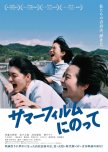
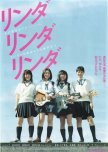
Both basically in the same brethren - a bunch of kids in school setting doing DIY stuff (Summer Film is movie, Linda is music). The pacing and zero-to-hero plot of both shows are similar.


Despite different settings, both possess similar sense of humor and zero-to-hero narrative (although in "Summer Movie" it's not the main message). The main leads are also mostly girls too.


Both deal with complicated and delicate issues in school from the teachers' perspective. No frills and unnecessary gimmicks, just gritty realism and smart narratives.
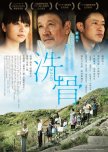

The setting of both shows is in Okinawa. The main female leads have a lot in common too - both are hair stylists and pregnant. The director in Senkotsu (Gori) is also an actor and made an appearance in Tsurukame Josanin, which might explain where he got such inspiration for the movie.

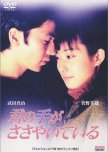
Similar story about romance of a normal person and a deaf girl. In Fukuoka Ren'ai 13, some of the problems faced by the couple in Kimi no Te are even discussed although directly not shown on-screen (because the focus isn't the marriage life).
Both movies deal with characters who become fugitive after domestic violence-related incidents. The age of characters are different though, in Himizu the leads were teenagers while in Soiree they are early adults.


 2
2



















